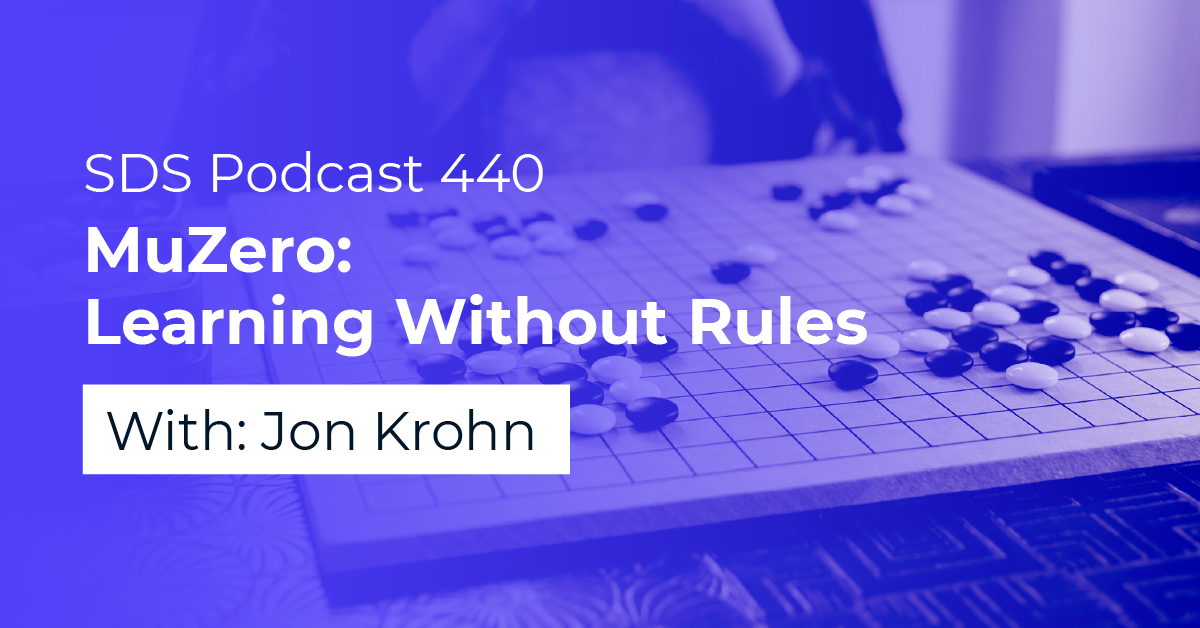Google DeepMind's open-sourced AlphaGeometry blends "fast thinking" (like intuition) with "slow thinking" (like careful, conscious reasoning) to enable a big leap forward in A.I. capability and match human Math Olympiad gold medalists on geometry problems.
KEY CONTEXT
• A couple weeks ago, DeepMind published on AlphaGeometry in the prestigious journal peer-reviewed Nature.
• DeepMind focused on geometry due to its demand for high-level reasoning and logical deduction, posing a unique challenge that traditional ML models struggle with.
MASSIVE RESULTS
• AlphaGeometry tackled 30 International Mathematical Olympiad problems, solving 25. This outperforms human Olympiad bronze and silver medalists' averages (who solved 19.3 and 22.9, respectively) and closely rivals gold medalists (who solved 25.9).
• This new system crushes the previous state-of-the-art A.I., which solved only 10 out of 30 problems.
• Beyond solving problems, AlphaGeometry also generates understandable proofs, making A.I.-generated solutions more accessible to humans.
HOW?
• AlphaGeometry uses a new method of generating synthetic theorems and proofs, simulating 100 million unique examples to overcome the limitations of (expensive, laborious) human-generated proofs.
• It combines a neural (deep learning) language model for intuitive guesswork with a symbolic deduction engine for logical problem-solving, mirroring "fast" and "slow thinking" processes akin to human cognition (per Daniel Kahneman's "Thinking, Fast and Slow" book).
IMPACT
• A.I. that can "think fast and slow" like AlphaGeometry could generalize across mathematical fields and potentially other scientific disciplines, pushing the boundaries of human knowledge and problem-solving capabilities.
The SuperDataScience podcast is available on all major podcasting platforms, YouTube, and at SuperDataScience.com.
Filtering by Tag: DeepMind
The Five Levels of AGI
Artificial General Intelligence (AGI) is a term thrown around a lot, but it's been poorly defined. Until now!
Read MoreA.I. Product Management, with Google DeepMind's Head of Product, Mehdi Ghissassi
The elite team at Google DeepMind cranks out one world-changing A.I. innovation after another. In today's episode, their affable Head of Product Mehdi Ghissassi shares his wisdom on how to design and release successful A.I. products.
Mehdi:
• Has been Head of Product at Google DeepMind — the world’s most prestigious A.I. research group — for over four years.
• Spent an additional three years at DeepMind before that as their Head of A.I. Product Incubation and a further four years before that in product roles at Google, meaning he has more than a decade of product leadership experience at Alphabet.
• Member of the Board of Advisors at CapitalG, Alphabet’s renowned venture capital and private equity fund.
• Holds five (!!!) Master’s degrees, including computer science and engineering Master’s degrees from the École Polytechnique, in International Relations from Sciences Po, and an MBA from Columbia Business School.
Today’s episode will be of interest to anyone who’s keen to create incredible A.I. products.
In this episode, Mehdi details:
• Google DeepMind’s bold mission to achieve Artificial General Intelligence (AGI).
• Game-changing DeepMind A.I. products such as AlphaGo and AlphaFold.
• How he stays on top of fast-moving A.I. innovations.
• The key ethical issues surrounding A.I.
• A.I.’s big social-impact opportunities.
• His guidance for investing in A.I. startups.
• Where the big opportunities lie for A.I. products in the coming years.
The SuperDataScience podcast is available on all major podcasting platforms, YouTube, and at SuperDataScience.com.
Neuroscience + Machine Learning, with Google DeepMind’s Dr. Kim Stachenfeld
Today's episode with is one of my favorite conversations ever. In it, the hilarious and fascinating Dr. Kimberly Stachenfeld (of both DeepMind and Columbia) blows my mind by detailing relationships between human neuroscience and A.I.
More on Kim:
• Research Scientist at Google DeepMind, the world’s leading A.I. research group.
• Affiliate Professor of Theoretical Neuroscience at Columbia University.
• Research interests include deep learning, reinforcement learning, representation learning, graph neural networks and a brain structure called the hippocampus.
• Holds a PhD in Computational Neuroscience from Princeton.
Today’s episode should be fascinating for anyone (🧠 + 🤖 = 🤯).
In it, Kim details:
• Her research on computer-based simulations of how the human brain simulates the real world.
• What today’s most advanced A.I. systems (like Large Language Models) can do… and what they can’t.
• How language serves as an efficient compression mechanism for both humans and machines.
• How a leading neuroscience theory called the dopamine reward-prediction error hypothesis relates to reinforcement learning in machines.
• The special role of our brain’s hippocampus in memory formation.
• The best things we personally can do to improve our cognitive abilities.
• What it might take to realize Artificial General Intelligence (AGI)
The SuperDataScience podcast is available on all major podcasting platforms, YouTube, and at SuperDataScience.com.
MuZero: Learning Without Rules
This article was adapted from a podcast. Listening/viewing options, as well as a full transcript, available here.
On last week's Five-Minute-Friday episode, I introduced the concept of artificial general intelligence ( or AGI, for short), a theoretical algorithm that one day could have all of the intellectual capacities of a human being. I also introduced the company DeepMind and the landmark deep reinforcement learning algorithms they developed over the past decade, each one a stepping stone on the road to creating AGI. If any of AGI, DeepMind, or deep reinforcement learning are unfamiliar terms to you, you might want to check out last week's Five Minute Friday episode to brush up.
Last week's coverage of DeepMind's deep reinforcement learning advances bring me now to MuZero, an algorithm that David Silver and his DeepMind research team published on in the final days of 2020 in the journal Nature, arguably the most prestigious academic science journal.
Read MoreDeepMind's quest for Artificial General Intelligence
This article is based off of a podcast episode. You can listen to or watch the full episode here.
DeepMind, a London-based subsidiary of Google’s parent company Alphabet, has done it again and pushed the boundaries of what can be achieved in the field of machine learning, thereby pushing the human race one step closer toward developing artificial general intelligence.
Read More

